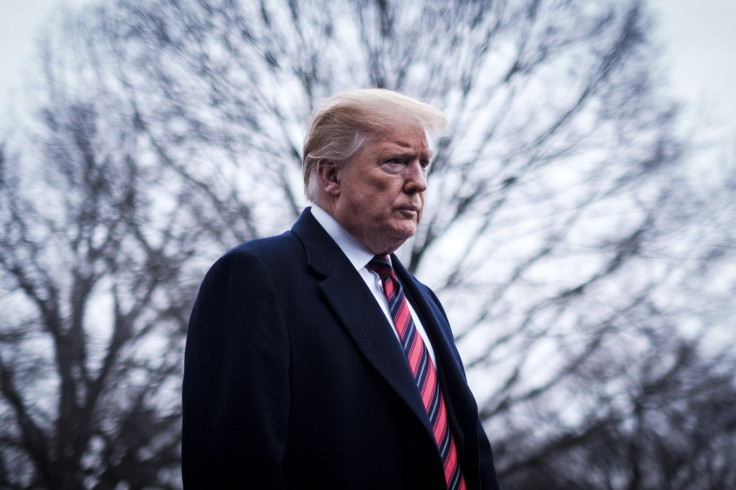China Threatens Retaliation Against US: 'Don’t Say We Didn’t Warn You!'

China may restrict imports to the United States of strategically vital “rare-earth elements (REE),” which are indispensable to advanced technologies and weapons, as it strikes back at president Donald Trump for his two-front economic war against it.
China on Wednesday issued a not too thinly veiled threat to this effect by resorting to a phrase used only twice in its history, and both preceded armed attacks on its neighboring countries.
“We advise the U.S. side not to underestimate the Chinese side’s ability to safeguard its development rights and interests. Don’t say we didn’t warn you!” roared the People’s Daily in a commentary with the headline, “United States, don’t underestimate China’s ability to strike back.”
Analysts said the phrase “Don’t say we didn’t warn you” was only used two other times in history by the People’s Daily -- in 1962 before China’s border war with India and preceding the 1979 China-Vietnam War.
Published worldwide and with a circulation of 3 million, the People's Daily is the biggest newspaper group in China. It is an official newspaper of the Central Committee of the Communist Party of China.
“Will rare earths become a counter weapon for China to hit back against the pressure the United States has put on for no reason at all? The answer is no mystery,” asked the commentary.
China’s threat to weaponize REEs was made after Trump blacklisted Chinese telecom giant Huawei Technologies Co. Ltd., which led to many U.S. chipmakers and internet companies halting business with Huawei.
The first indication China might use REEs as a weapon in the trade war was seen when President Xi Jinping visited rare earth mining and processing facilities in Jiangxi province during a domestic tour last week.
And on Tuesday, a Chinese official warned products made from REEs should not be used against China’s development. Analysts concur this was a veiled threat aimed at the U.S. and its tech industry.

REEs (also called rare-earth metals) mined from China are crucial to the production of iPhones, electric vehicles (EVs) and advanced precision weapons, among many others.
China possesses 40% of global rare-earth deposits. It produces 120,000 metric tons of REEs a year, or 80% of the global supply. By comparison, Australia, the world’s second largest supplier, produced only 20,000 metric tons in 2018.
The U.S. imports 80% of its REEs from China. U.S. demand accounted for only 4% (amounting to $160 million) of China’s rare-earth shipments.
The 17 rare-earth elements are cerium (Ce), dysprosium (Dy), erbium (Er), europium (Eu), gadolinium (Gd), holmium (Ho), lanthanum (La), lutetium (Lu), neodymium (Nd), praseodymium (Pr), promethium (Pm), samarium (Sm), scandium (Sc), terbium (Tb), thulium (Tm), ytterbium (Yb), and yttrium (Y).
© Copyright IBTimes 2024. All rights reserved.





















